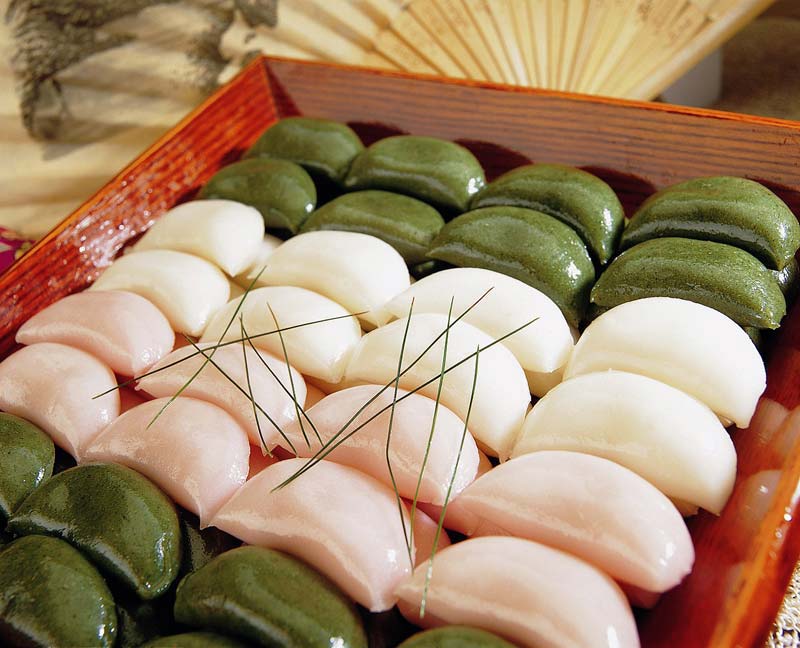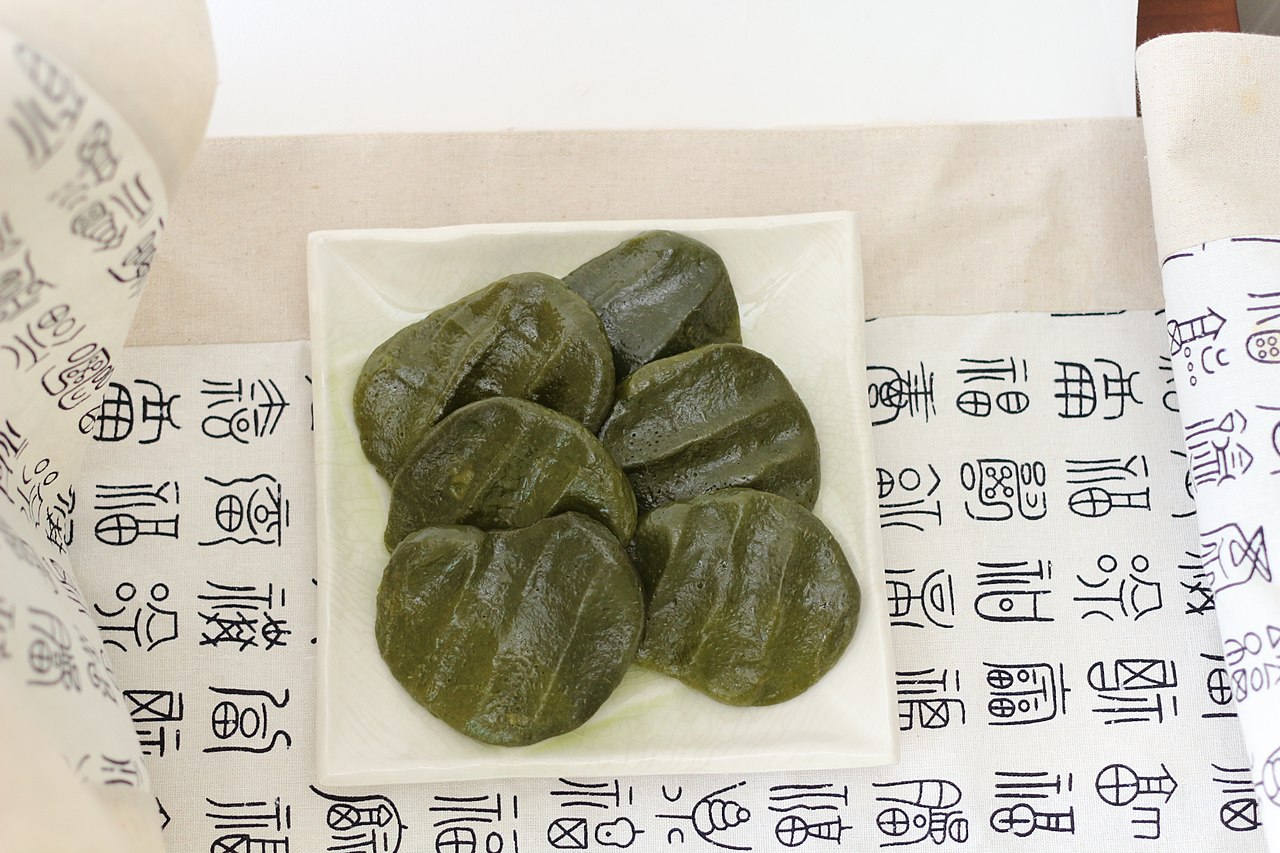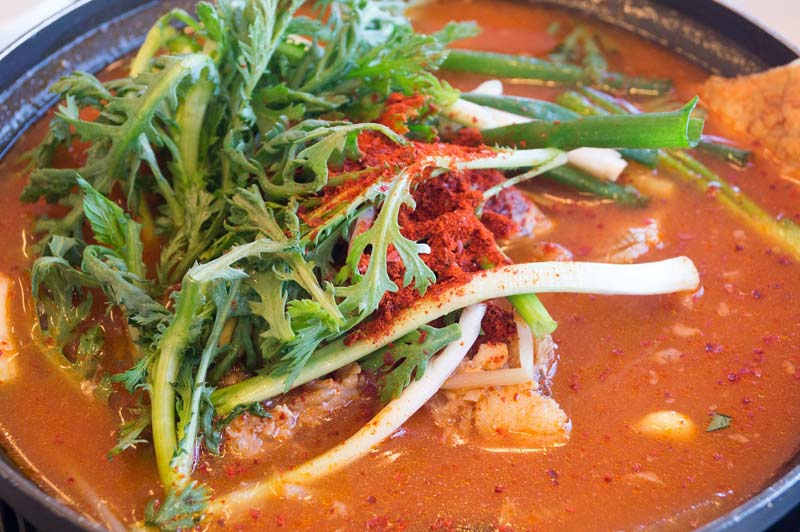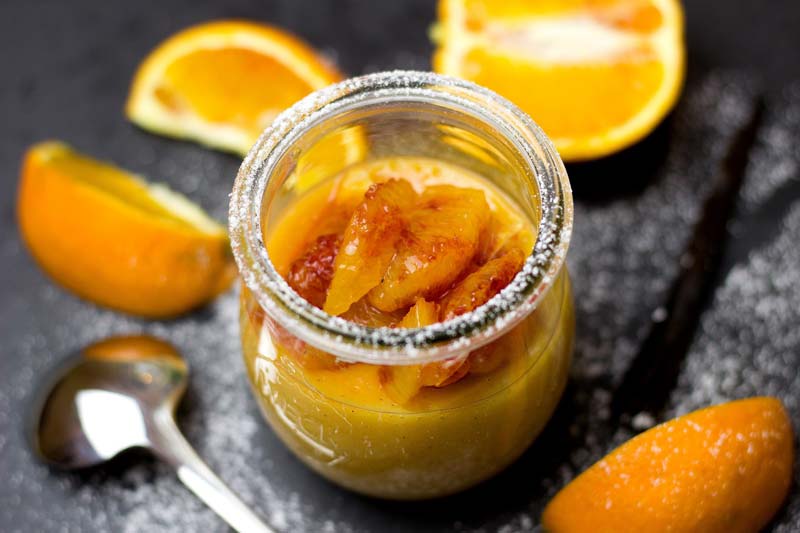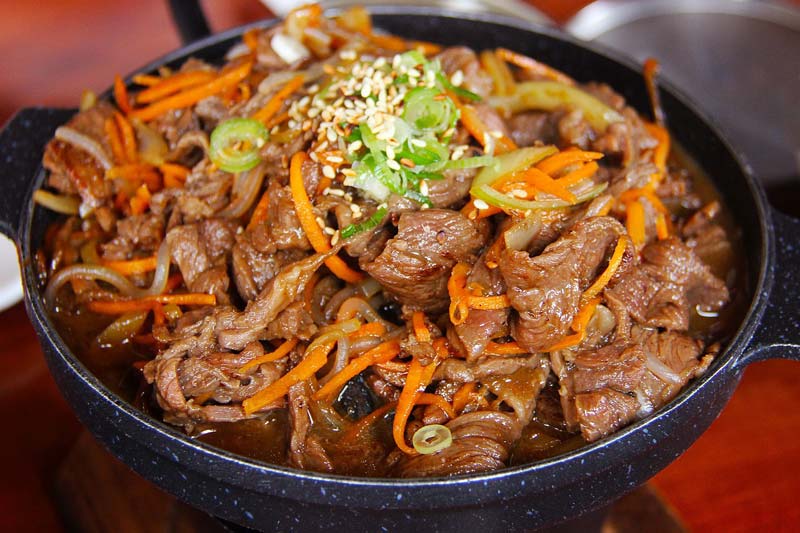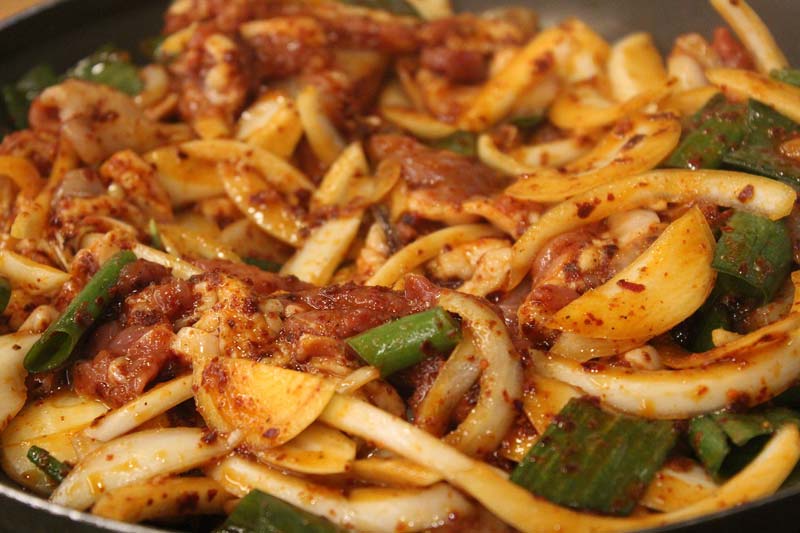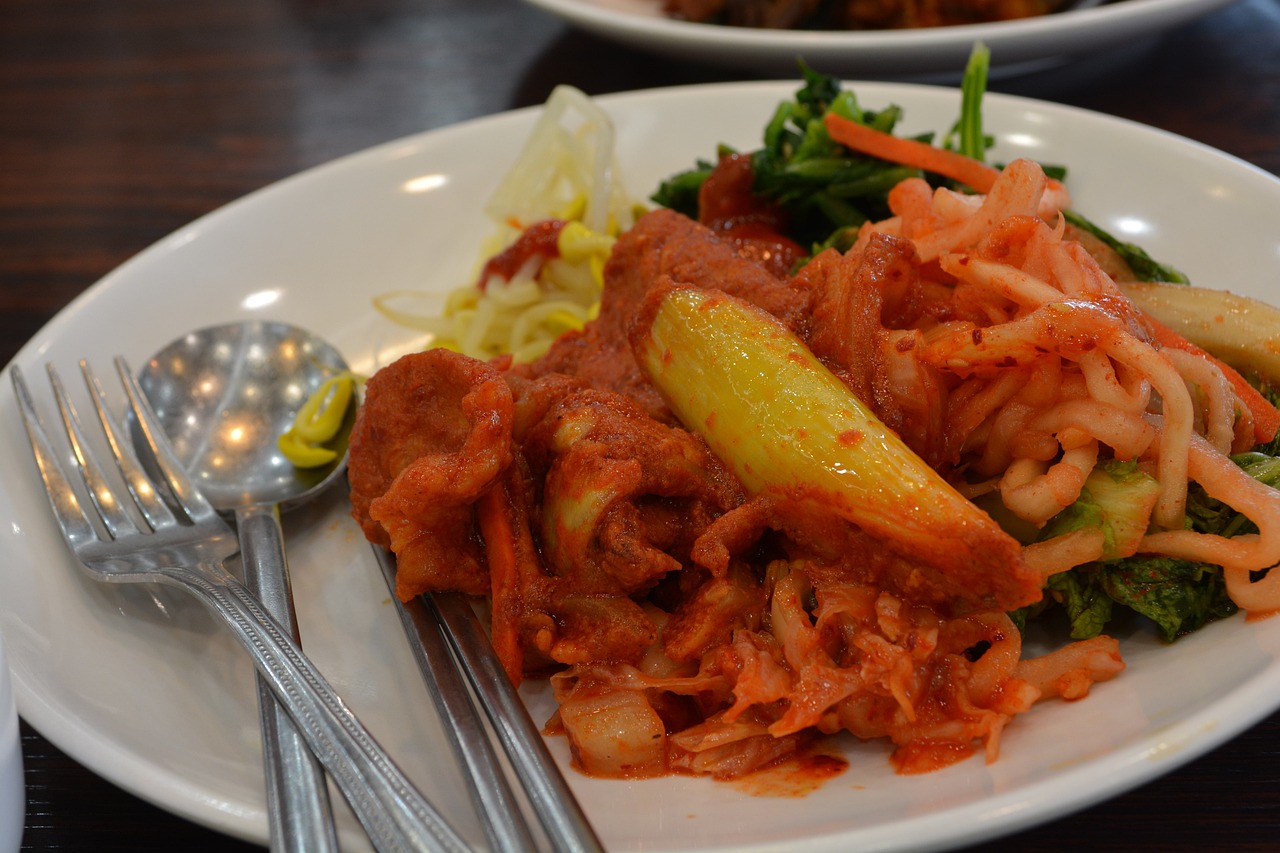Jeongwol Daeboreum
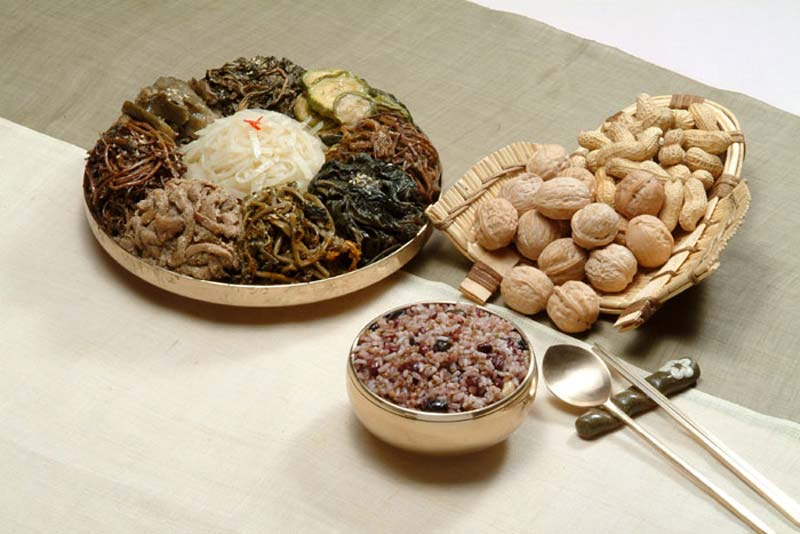
Introduction of Jeongwol Daeboreum
Jeongwol means the first month of the year and is the time when people plan for the year and would have their fortune of the year told. Jeongwoldaeboreum is an important and meaningful day of the Korean annual customs, so it is specially referred to as ‘Daeboreum (Special 15th day)’.
Dongje is the essence of our ethnic customs, when people living in a village thicken the regional harmony among them. The name of Jedang (a place for the rite) varies according to the region, for example, Sanjedang, Sansindang (Gyeonggi, Chungcheong), Seonangdang (Gangwon), Dangsan (Jeonra, Gyeongsang), Bonhyangdang, or Pojedan (Jeju), but the origins of those are the same. Among the types of Dongje, the most frequent one is the Confucian orderly type that an officiating priest elected recites a written prayer, and some of them include a female shaman’s exorcism once per several years, which is often called as Byeolsingut in the regions of the east coast.
From the beginning of the year till around the 15th of the first month, the peasant band of a village calls at each house, plays gaily, and prays for the villagers, and which has been variously called Jisinbarbgi (nationwide), Maegu (Honam), or Geolrip (Jungbu). However, no Jisinbarbgi has existed in Pyeongan-do and Hamgyeong-do since there are no peasant bands in those areas.
Juldarigi is one of the typical team plays and is mostly played at the night of Daeboreum (the year’s first full moon). The types of Juldarigi vary from the children’s side street Juldarigi, adults’ Juldarigi, and village Juldarigi to the county Juldarigi. The process or the details of the play vary from one another according to the type of it.
Gossaumnori is a kind of an outpost action for Juldarigi and has been followed by Juldarigi in the regions such as Jangheung, Gangjin, or Yeongam of Jeonnam on the Daeboreum day. In the process of this play in general, round-shaped strings so called Gos are faced each other on the ends of the rope used in Juldarigi, and a team wins when it puts down the opposite one.
Chajeonnori is also referred to as ‘Dongchaessaum’. This is one of the large-sized folk plays for the Daeboreum day and is now transmitted only in the Andong region of Gyeongbuk. While the hundreds of sturdy men so called Meorigguns folding their arms move forward pushing the opposite team with their shoulders and the men so called Dongchaegguns carry a Dongchae on which a captain directs advance or retreat, a team’s Dongchae getting pushed down by the opposite team and touching the ground makes the team lose in the play.
In Hwaetbulssaum, as the villagers play with the torches at the Daeboreum night, shouting and provoking a fight with the neighboring villagers, they hit one another and make their clothes burnt. The team of which torches are deprived or extinguished, or which retreats will lose in the fight.
(foodculture/foodculture1_2_a.jsp)
